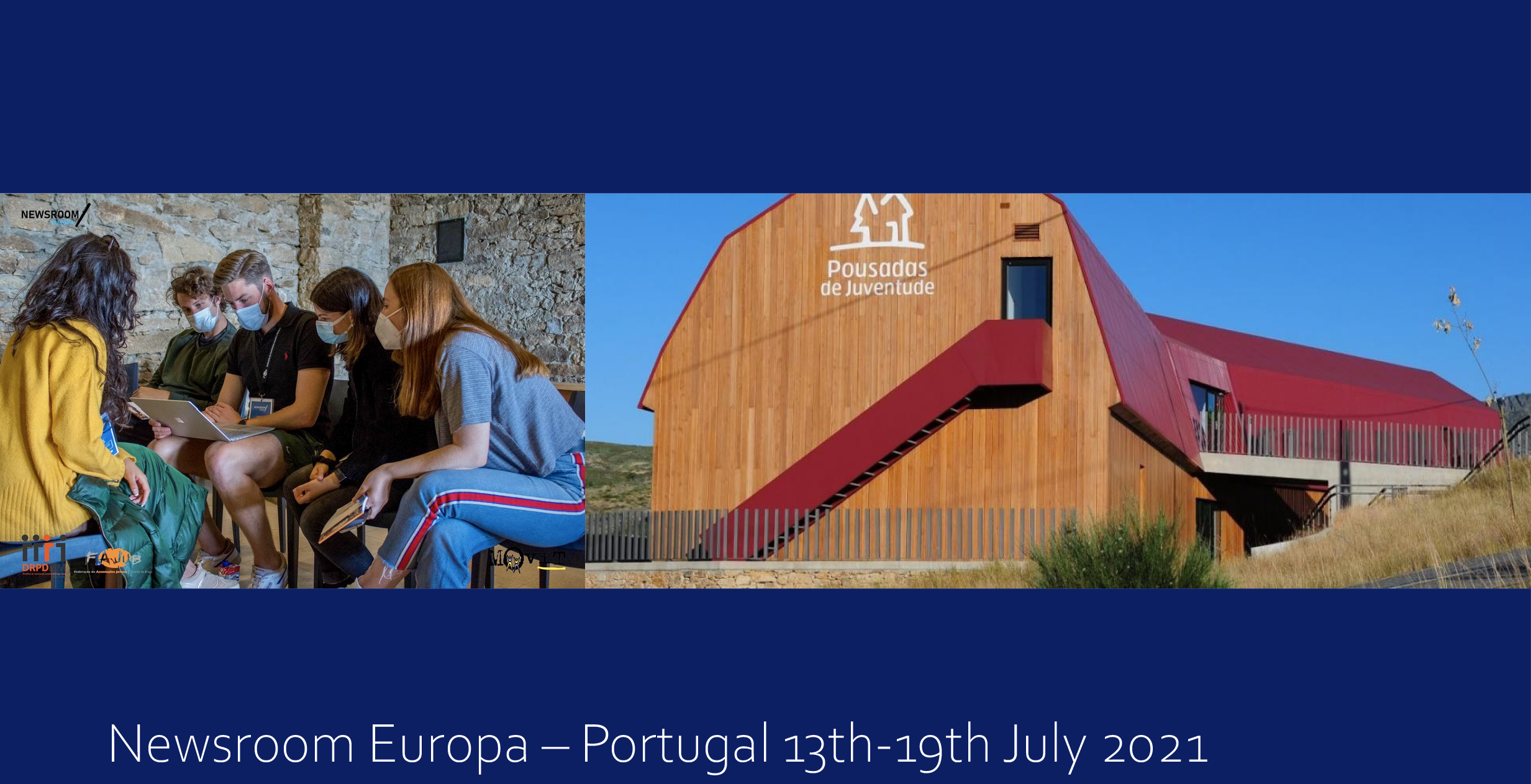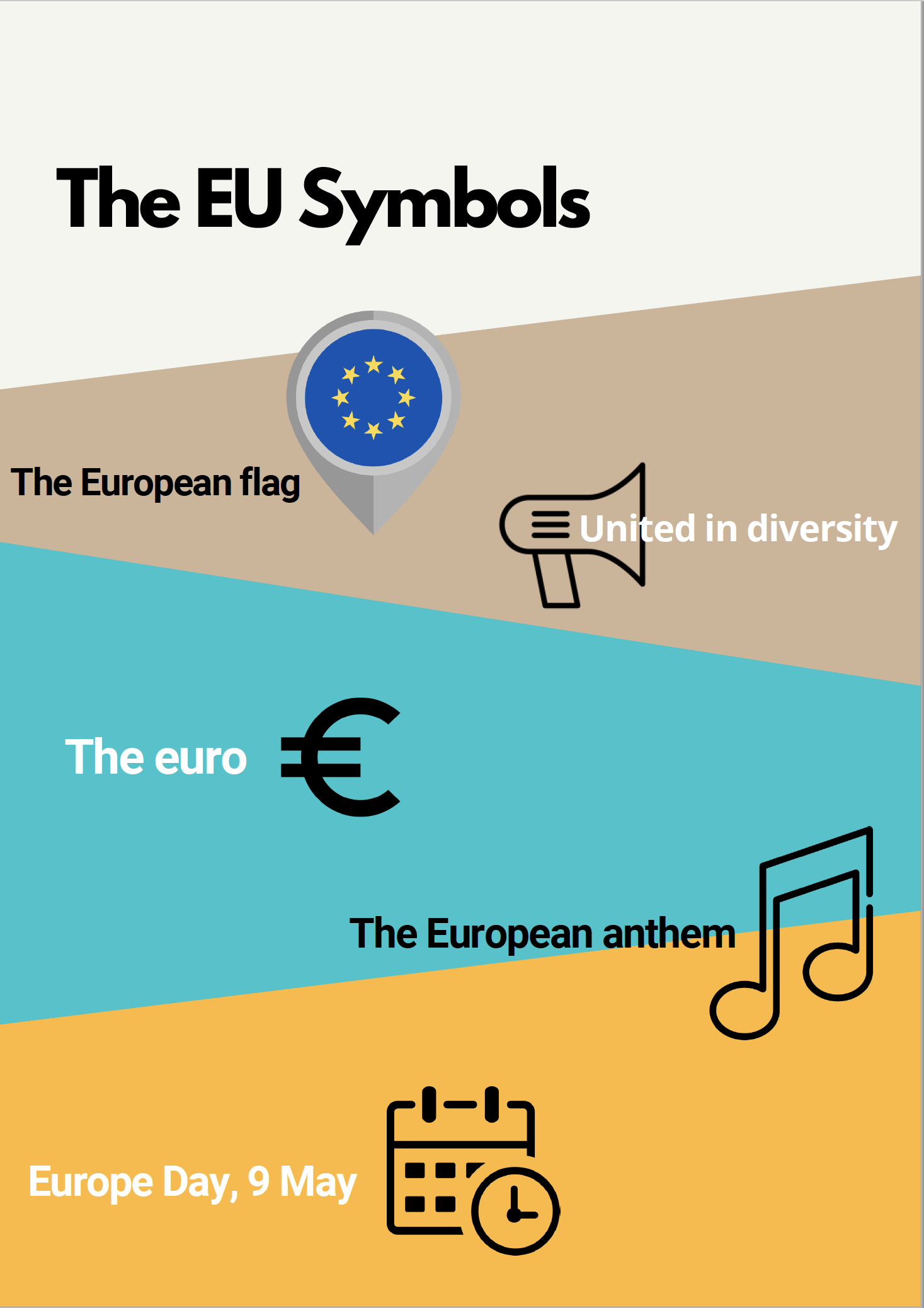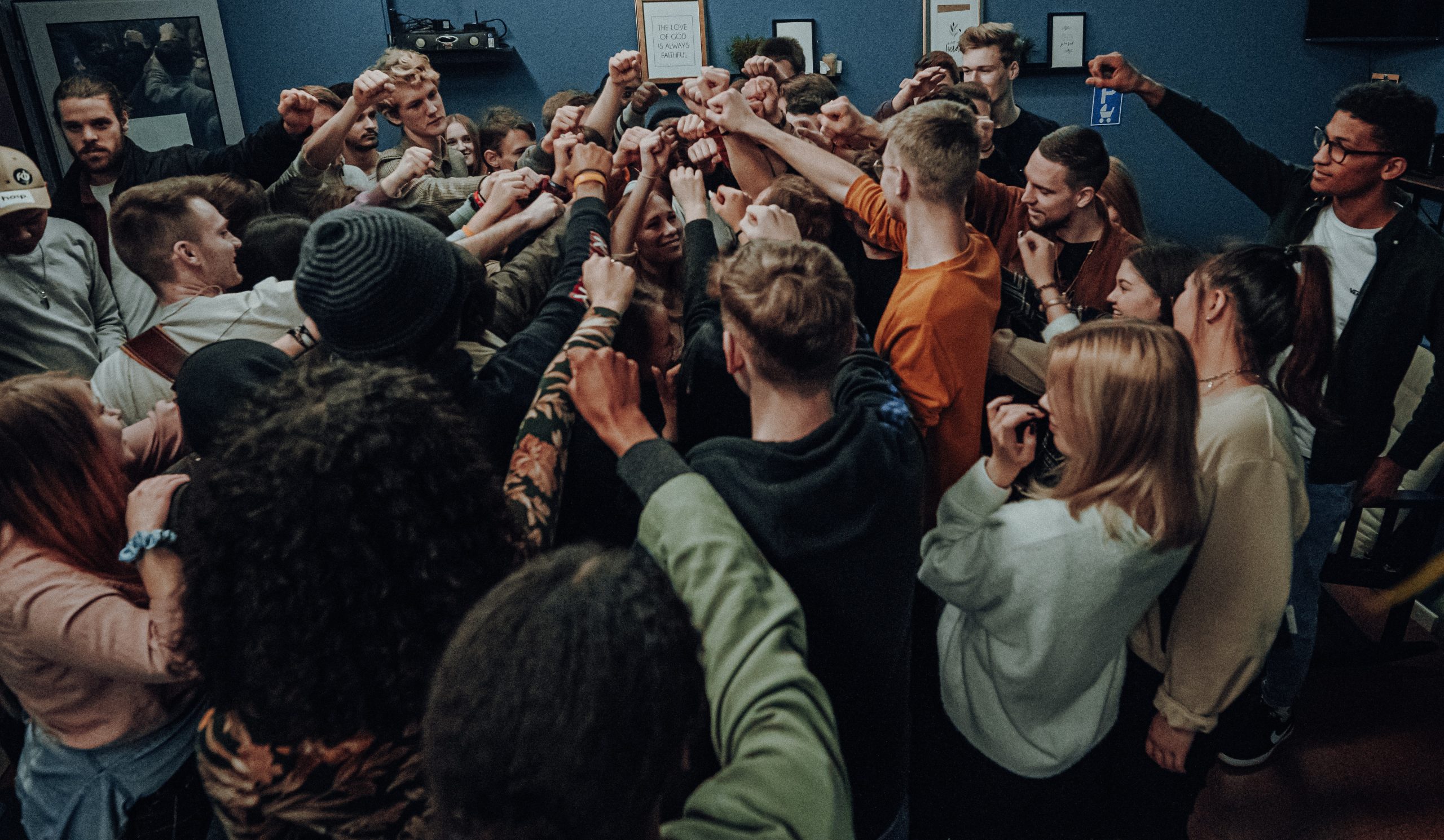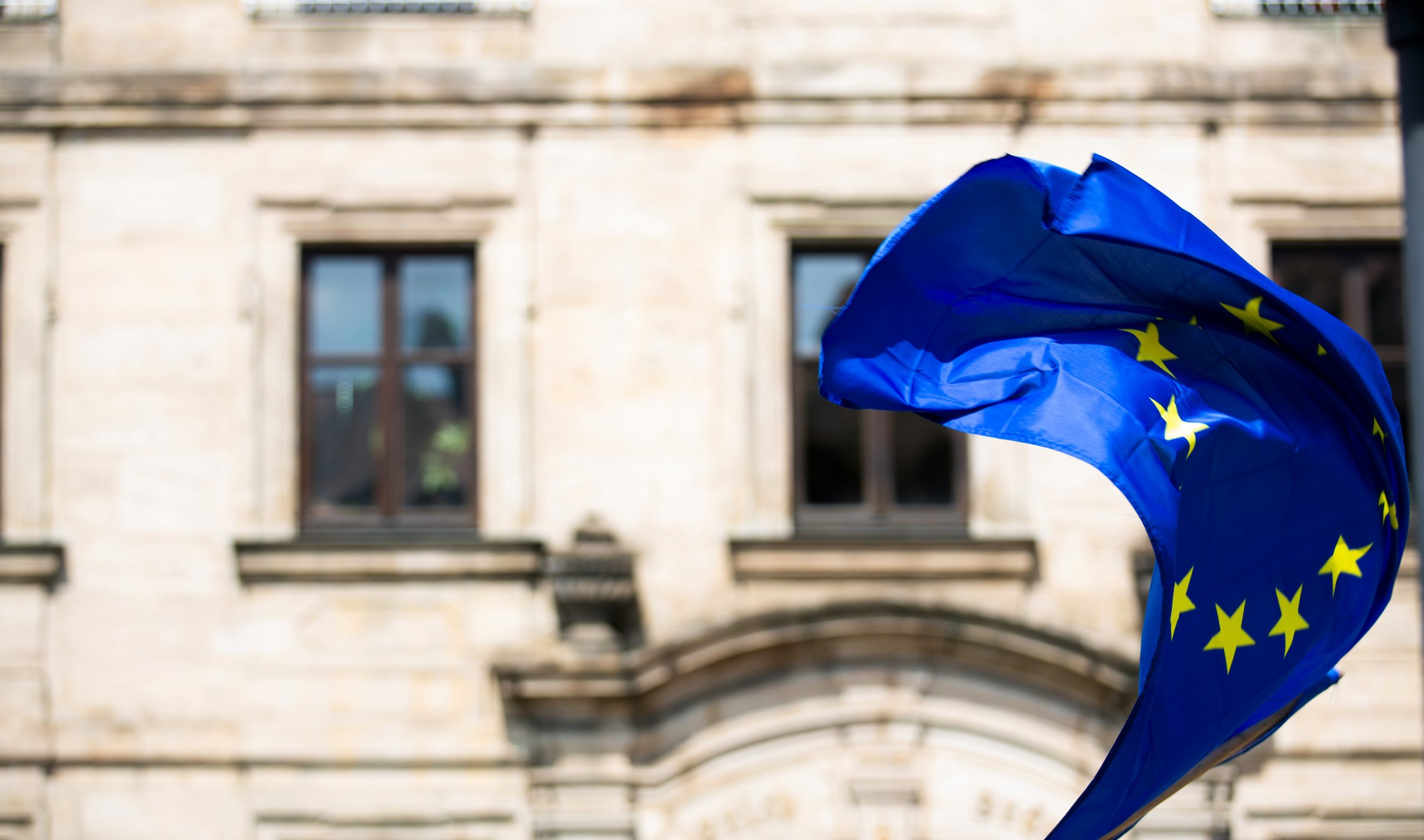Newsroom Europa – Portugal 13th-19th July
Authors: Petar Buric, Jovan Derovic, Maximilian Hahn, Beatriz Melo

Authors: Petar Buric, Jovan Derovic, Maximilian Hahn, Beatriz Melo

Author: Teja Miklavčič
In the EU we have a few things we are known for. The flag used is the Flag of Europe, which
consists of a circle of twelve golden stars on a blue background. The euro is the official
currency of 19 of the 27 member states of the European Union. The motto of the EU is United in
diversity. We have the anthem, known as Anthem of Europe, which is based on Beethoven’s Ode of Joy, we also celebrate Europe Day on the 9th of May.


Author: Petar Burić
European Union has special strategies for improving life conditions for young people, as well as she allows entry for young people in all aspects of social and political life. These measurements and activities, directed for improving young people in Europe, are called Youth policy.
The goal of the EU is not to create equal education for all young people, in all EU countries, and potential members, but to respect and take advantage of the specifics of each society. For now, there are four sectors available to all EU member states as well as potential members. That is: 1. Comenius – cooperation between kindergartens, primary and secondary schools in Europe. 2. Erasmus – focused on higher education. 3. Leonardo da Vinci – encompasses vocational education and training at all levels. 4. Jean Monnet includes programs that stimulate learning, reflection, and debate on European integration, including higher education institutions, not only in the EU but around the world.
European standards are – education, lifelong learning, social recognition of skills and competencies acquired in the non – formal sector, access to modern technologies, professional counselling and vocational guidance, enabling young people to receive professional help and advice, youth information centres, social and health care opportunities, increasing the number of young people who choose a healthy lifestyle, housing – solving youth housing issues, employment – enabling young people to work and be adequately paid for that work, mobility and travel – enabling young people to travel and thus enrich their own life experience or gain different professional qualifications, justice and rights of young people – encouraging governments to have special laws concerning youth in their legislation, sports – improving conditions for sports activities, safe living environment, reducing the number of young people who will be victims of crime or violence, as well as work to reduce the number of young people who are perpetrators of violence.
As for young people from Slovenia, they have much more opportunities, and enjoy greater rights, than young people from countries that are potential members of the EU. In potential member countries, including Montenegro, (because it is in pre-accession negotiations), young people are almost entirely dependent on their families and parents. Slovenians are in a better position. They can find a decent job, which would cover the costs of schooling and ensure a certain financial independence. Slovenians are in a better position, because already in their student days, in addition to studying, they can find a decent job, which would cover the costs of schooling and ensure a certain financial independence. They are also in a much better position when it comes to travel, because they can stay in the EU without a visa, while it is much easier to get a visa to stay in non-EU countries (such as the USA).
Young people from the Balkans are often prevented from going to the United States due to the visa regime. My experience from the first Erasmus+ project will surely make me continue to participate and contribute to the support of young people, in their professional and personal development, general lifelong learning, encouragement and appeal to a healthy life. Participation of young people in such projects will not only affect their progress, but also many other things for the purpose of general development. I will be very happy to participate in future projects and youth exchanges, on the side of my – Slovenian team, and try to give my contribution. Also, since I come from a country that is not yet a member of the European Union, I will try to help young people there as well, if not otherwise at least through the dissemination of information.

Nedavni komentarji